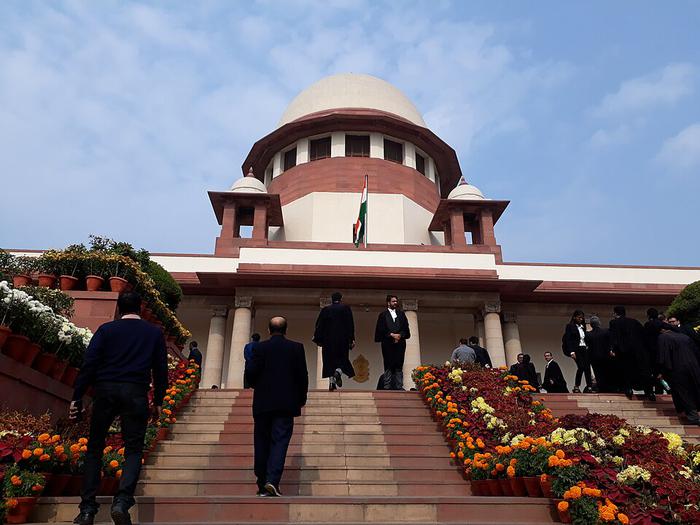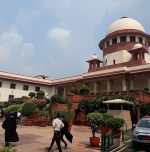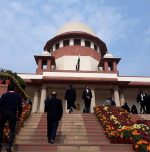Legislating after court orders not contempt, says Supreme Court

In a significant affirmation of constitutional boundaries, the Supreme Court has clarified that any law passed by Parliament or a state legislature after a court ruling cannot be treated as contempt of court.
Such a law will carry the force of law unless a Constitutional Court specifically declares it null and void.
The ruling came from a bench comprising Justices B V Nagarathna and S C Sharma on May 15, while disposing of a 2012 contempt plea against the Chhattisgarh government.
The plea alleged non-compliance with a 2011 Supreme Court order that directed the dismantling of vigilante groups like Salwa Judum and the disbanding of Special Police Officers (SPOs) involved in anti-Maoist operations.
Despite the 2011 order, the Chhattisgarh government enacted the Chhattisgarh Auxiliary Armed Police Force Act, 2011, later that year.
The Act effectively restructured and legitimised SPOs as an auxiliary force to assist in anti-Maoist efforts.
Petitioners, including academic Nandini Sundar, author Ramachandra Guha, and former IAS officer E A S Sharma, argued that this legislative move amounted to contempt of court.
However, the bench disagreed. It ruled that legislating, even in apparent response to or in the aftermath of a court verdict, falls within the constitutional rights of a legislature.
The Court observed that an enactment would continue to have the force of law as long as it had not been declared ultra vires or unconstitutional.
The bench stressed the separation of powers doctrine, stating that courts have the power to interpret and review laws, but not to treat legislative action as contempt merely because it follows a judicial decision.
The Supreme Court added that a legislature could remove the basis of a judgment or validate a law that had been struck down by amending it.
This ruling reinforces the principle that while courts interpret the law, legislatures have the authority to make and modify it, each functioning within their constitutional domain.
Image Credit: Pinakpani, CC BY-SA 4.0, via Wikimedia Commons
Image Reference: https://commons.wikimedia.org/wiki/File:Supreme_Court_of_India,_inside_view_07.jpg









